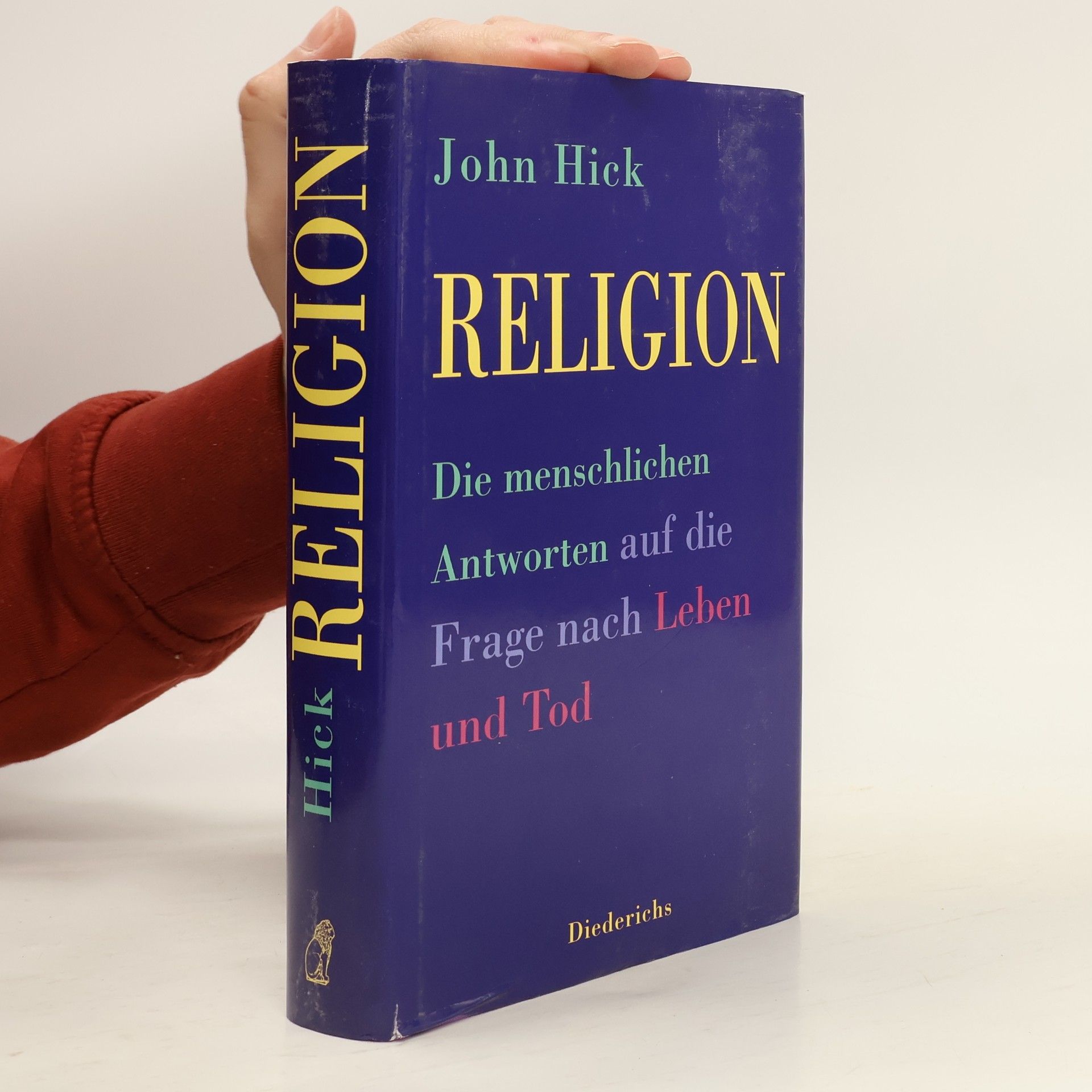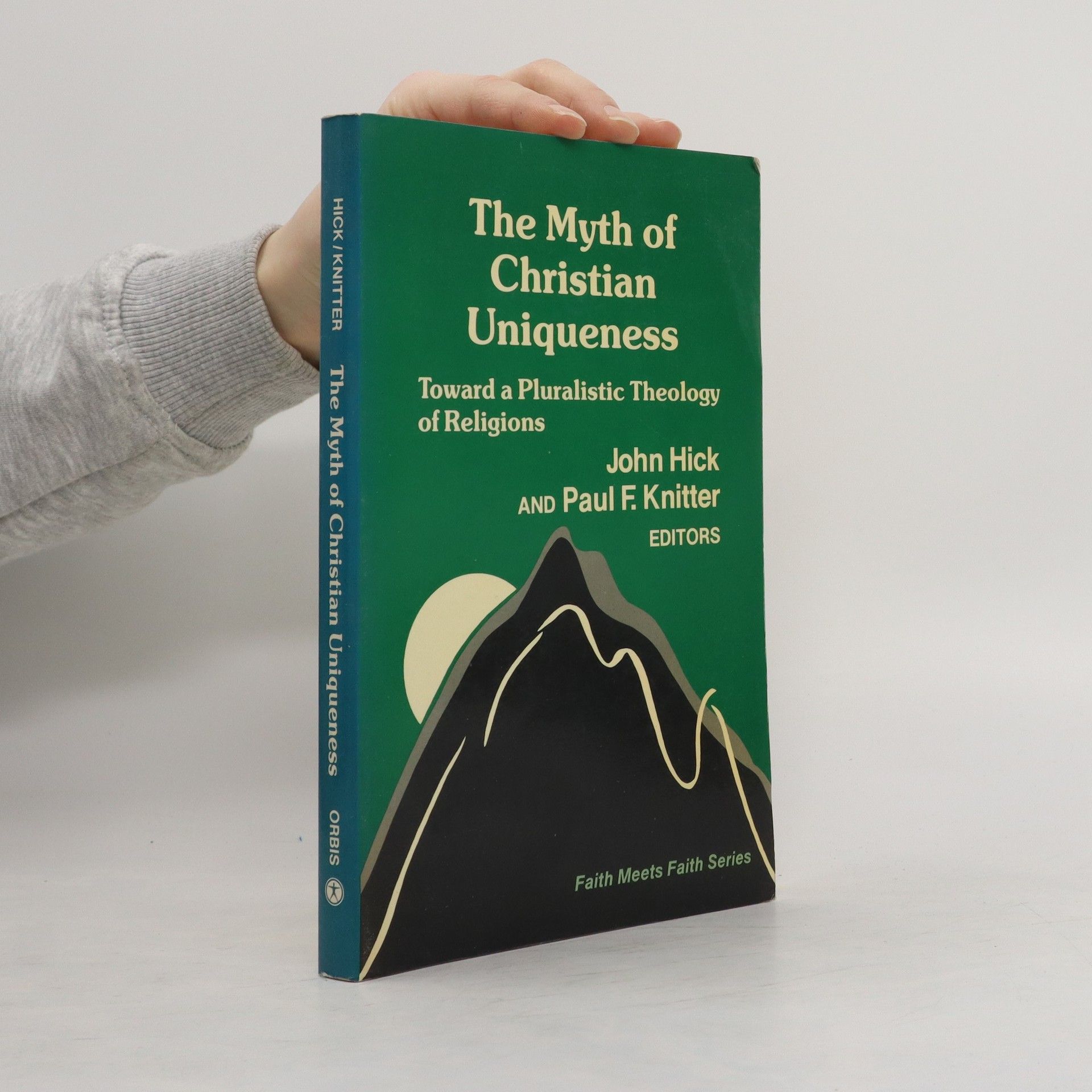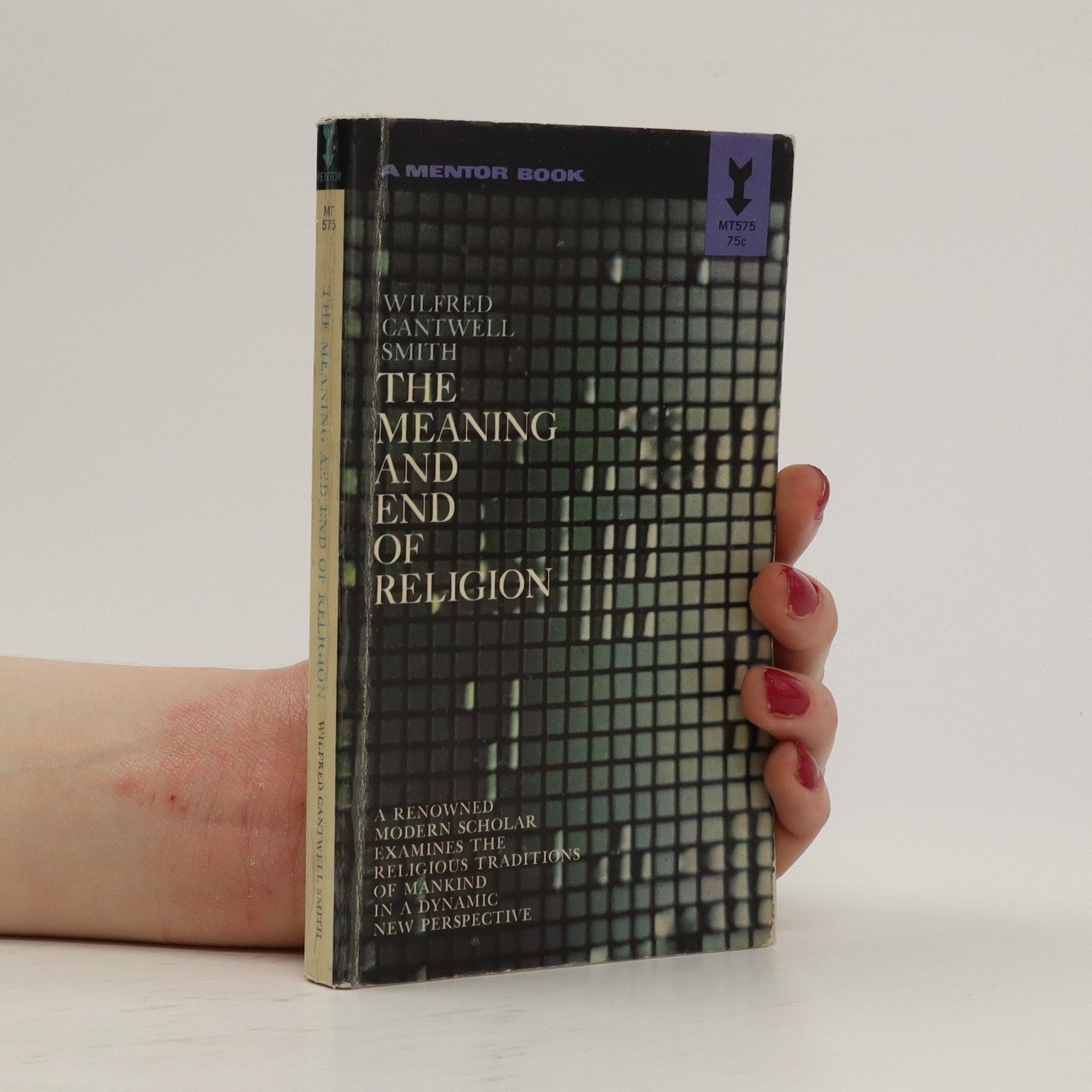Who or What is God?
- 214 pages
- 8 hours of reading
Exploring the profound themes of truth and justice, this collection of essays delves into the ultimate realities highlighted by major religions, examining aspects such as religious experience and interfaith relations. It also investigates the quest for justice and peace through the lens of a global ethic, highlighting the philosophies of Mahatma Gandhi and the struggles during South Africa's apartheid. The work invites readers to reflect on the connections between spirituality, morality, and societal change.



